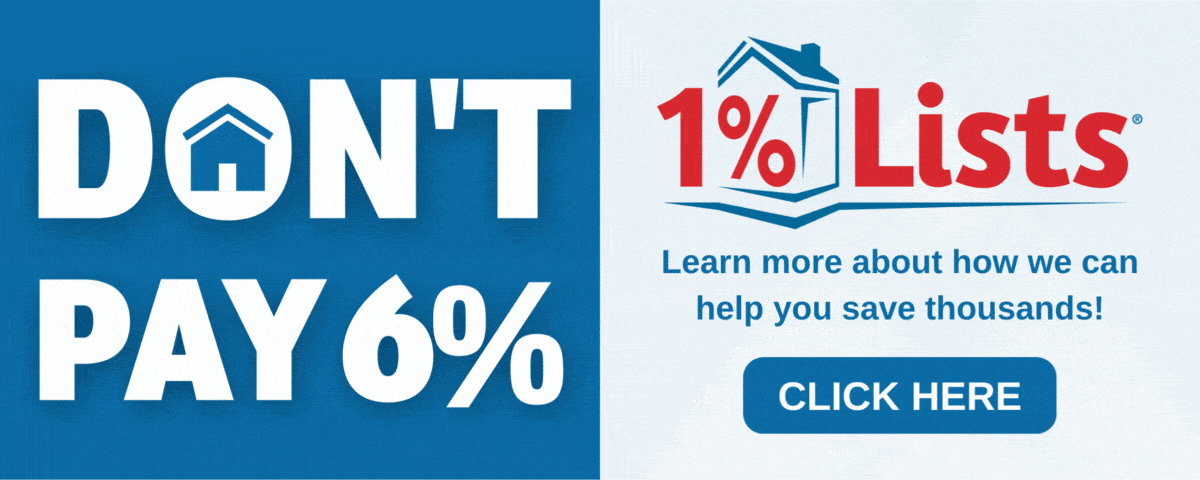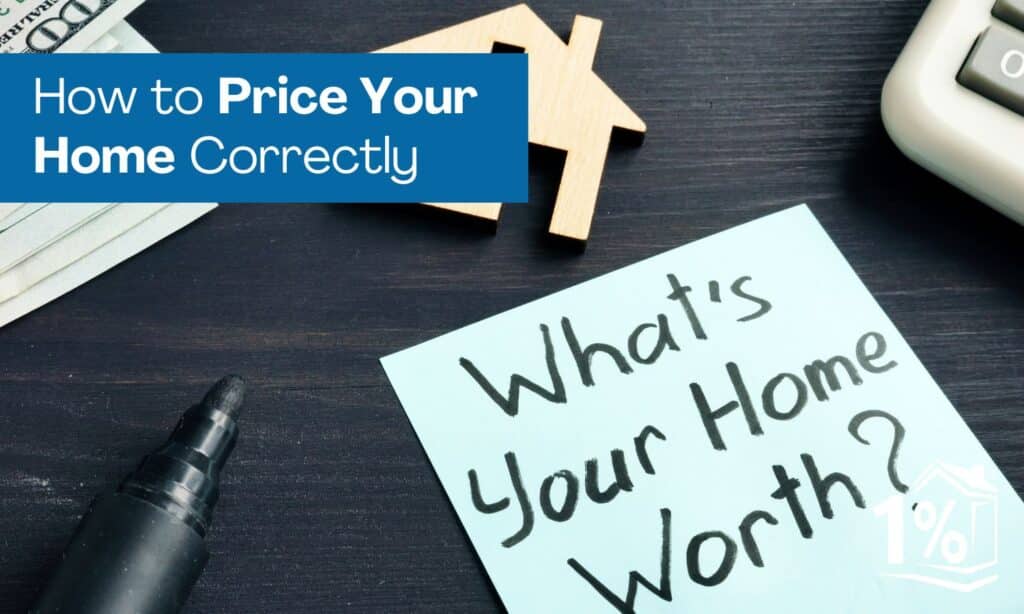Setting the right price for your home is one of the most critical steps in the selling process. A well-priced home attracts buyers, generates interest, and can even lead to multiple offers. On the other hand, an overpriced home can sit on the market for months, causing frustration and potentially leading to a lower sale price in the long run. Underpricing, while tempting as a strategy to draw attention, could mean leaving money on the table.
This guide will walk you through the key steps to price your home correctly, including understanding market trends, assessing your property’s unique features, and avoiding common pitfalls. Whether you’re selling a home for the first time or a seasoned property owner, these strategies will help you navigate the pricing process with confidence.
Understand the Market Dynamics
Pricing your home starts with a clear understanding of your local real estate market. Home values aren’t static; they’re influenced by factors like supply and demand, economic conditions, and buyer sentiment.
Research Comparable Properties (Comps)
One of the best ways to determine your home’s value is by looking at comparable properties, or “comps.” These are homes similar to yours in location, size, condition, and features that have sold recently. Pay close attention to the final sale prices rather than listing prices, as these reflect what buyers were willing to pay.
When evaluating comps, consider key factors such as:
- Distance: Homes within a close radius typically provide the most accurate comparisons.
- Timing: Sales within the last three to six months are more relevant due to market fluctuations.
- Features: Compare upgrades, square footage, and layout similarities.
Analyze Market Trends
It’s also important to understand broader market trends. Determine whether your area is experiencing a buyer’s market or a seller’s market. In a buyer’s market, where supply exceeds demand, pricing competitively is crucial to stand out. Conversely, in a seller’s market, you may have more leeway to aim higher, provided your home aligns with buyer expectations.
Economic factors like interest rates and employment trends can also influence home prices. Monitoring these conditions gives you a clearer picture of what buyers can afford and what they’re willing to pay.

Factor in Your Home’s Unique Features
Every home is unique, and these characteristics play a major role in its value. Highlighting your property’s strengths while accounting for its weaknesses ensures a balanced approach to pricing. Most of the time, the best way to highlight these features is by staging your home effectively.
Highlight Improvements and Upgrades
Renovations and modern upgrades can significantly increase your home’s value. A newly remodeled kitchen, updated bathrooms, or energy-efficient windows can set your property apart from others on the market. Keep receipts and documentation for major upgrades, as these provide proof of the value added.
Account for Wear and Tear
While upgrades can add value, wear and tear may detract from it. Older appliances, a roof nearing the end of its lifespan, or cosmetic issues like chipped paint should be factored into the price. Being realistic about these elements helps avoid surprises during buyer inspections and negotiations.
Consider Location and Neighborhood
Location remains a top priority for most buyers. Homes in desirable neighborhoods with good schools, parks, and amenities tend to command higher prices. Even within the same area, proximity to public transport or a scenic view can make a difference.
Recognizing what makes your home unique and valuable within its location will help you price it competitively while emphasizing its standout features.
Use Professional Resources
While pricing your home involves some research you can do on your own, leveraging professional resources can provide valuable insights and ensure you’re making informed decisions. Professionals bring expertise, objectivity, and tools that can give you a competitive edge.
Hire a Real Estate Agent
Working with an experienced real estate agent is one of the best ways to accurately price your home. Agents have access to detailed market data, including recent sales, trends, and buyer behavior in your area. They can perform a Comparative Market Analysis (CMA) tailored to your property, helping you set a price that attracts buyers while maximizing your return. Additionally, agents can provide honest, objective feedback about how your home compares to others on the market.
Get a Professional Appraisal
A professional appraisal offers an unbiased estimate of your home’s value based on a thorough evaluation of the property and recent sales data. While typically required during the loan approval process, ordering an appraisal before listing can help you establish a fair starting price. Appraisers consider factors like square footage, amenities, condition, and location, giving you a solid benchmark for your pricing strategy.
Use Online Valuation Tools Wisely
Online valuation tools, often called Automated Valuation Models (AVMs), can provide a quick estimate of your home’s value based on public data. While convenient, these tools have limitations, as they may not account for recent upgrades or unique features of your property. Use them as a starting point, but supplement their findings with professional advice to get a more accurate picture.
Avoid Common Pricing Mistakes
Even with the best intentions, sellers often make pricing mistakes that can hinder their home’s success on the market. Recognizing these pitfalls will help you avoid them and stay on the right track and can help you sell your home quicker.
Don’t Let Emotions Dictate Price
It’s natural to feel attached to your home, especially if it holds significant memories. However, emotional attachment can lead to overpricing, which deters potential buyers. Approach pricing with a clear and objective mindset, focusing on market realities rather than personal sentiment.
Avoid Overpricing for Negotiation Room
Many sellers set a higher price to allow room for negotiation, but this strategy can backfire. Overpricing often discourages buyers from even looking at your home, leading to longer time on the market and eventual price reductions. Buyers tend to be wary of properties that linger on the market, assuming there may be hidden issues.
Steer Clear of Underpricing
While underpricing might attract attention, it can also result in a financial loss if not carefully planned. Some sellers use this tactic to spark bidding wars, but it’s a risky strategy that doesn’t always pay off. Set a price that reflects the true value of your home while remaining competitive.

Adjust and Monitor
Setting the right price is just the beginning. To ensure your home sells in a timely manner and at the best price possible, it’s important to remain flexible and responsive to market conditions and buyer feedback.
Start with the Right Price
A common misconception is that pricing high allows for negotiation, but starting with an accurate price is far more effective. Homes that are priced correctly from the start generate more interest, potentially leading to multiple offers and a quicker sale. The first few weeks on the market are critical, as buyer enthusiasm tends to be highest during this time.
Be Prepared to Adjust
If your home isn’t receiving the interest or offers you expected, it may be time to reevaluate your pricing strategy. Market conditions can shift, and even minor price adjustments can make a big difference. Consult your agent to determine whether a reduction is necessary and by how much.
Track Market Feedback
Pay close attention to feedback from potential buyers and agents who tour your home. Comments about price, condition, or other factors can provide valuable insights for refining your approach. Use this feedback to make adjustments, whether it’s revisiting the price, improving the property’s appeal, or updating your marketing strategy.
Conclusion
Pricing your home correctly is both an art and a science. By understanding your local market, accounting for your home’s unique features, leveraging professional resources, and avoiding common mistakes, you can set a competitive price that attracts buyers and maximizes your return. Remember that pricing is not a one-time decision but an ongoing process that may require adjustments as market conditions evolve.
Selling a home is a significant financial and emotional undertaking, but with the right approach, you’ll position yourself for success. If you’re unsure about where to start, consult a real estate professional who can guide you through the process and help you achieve your goals.

